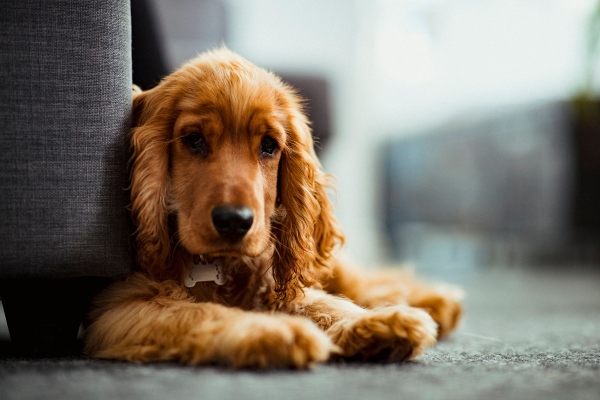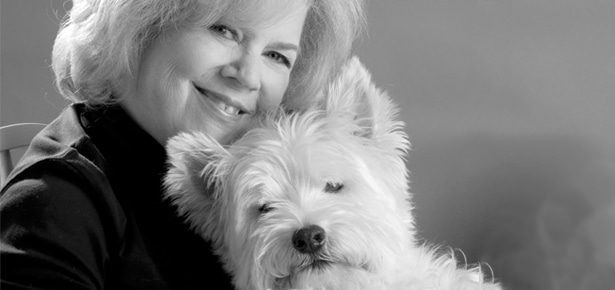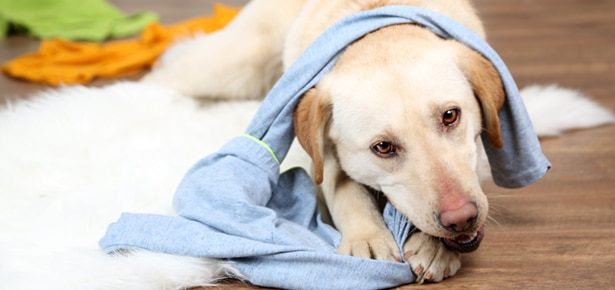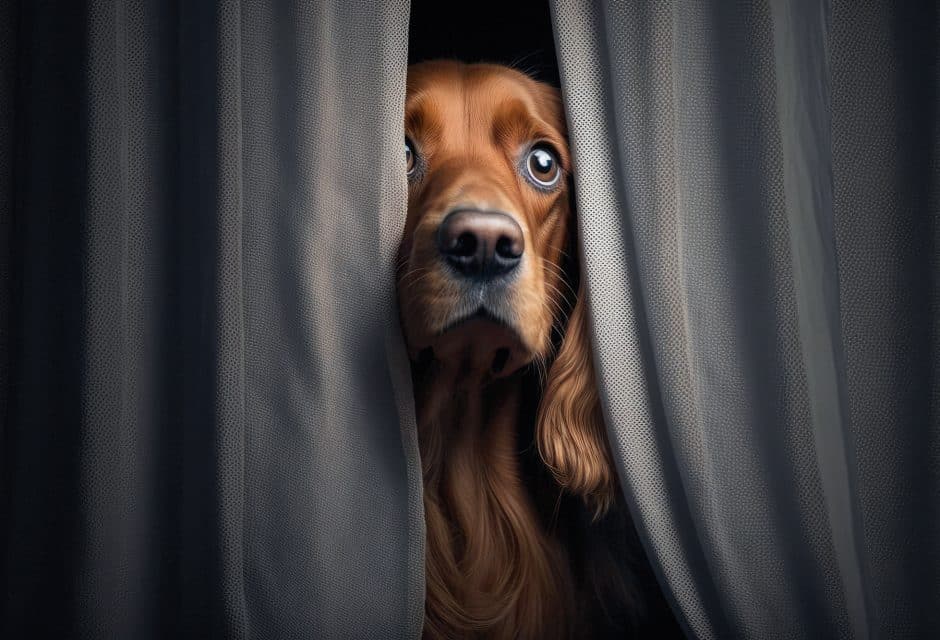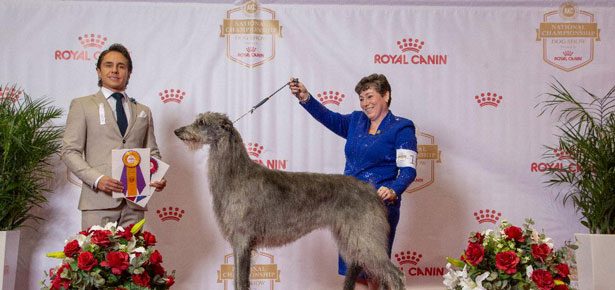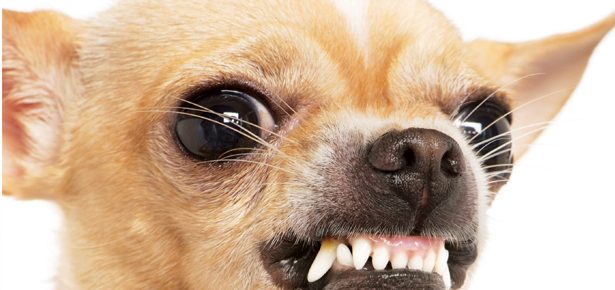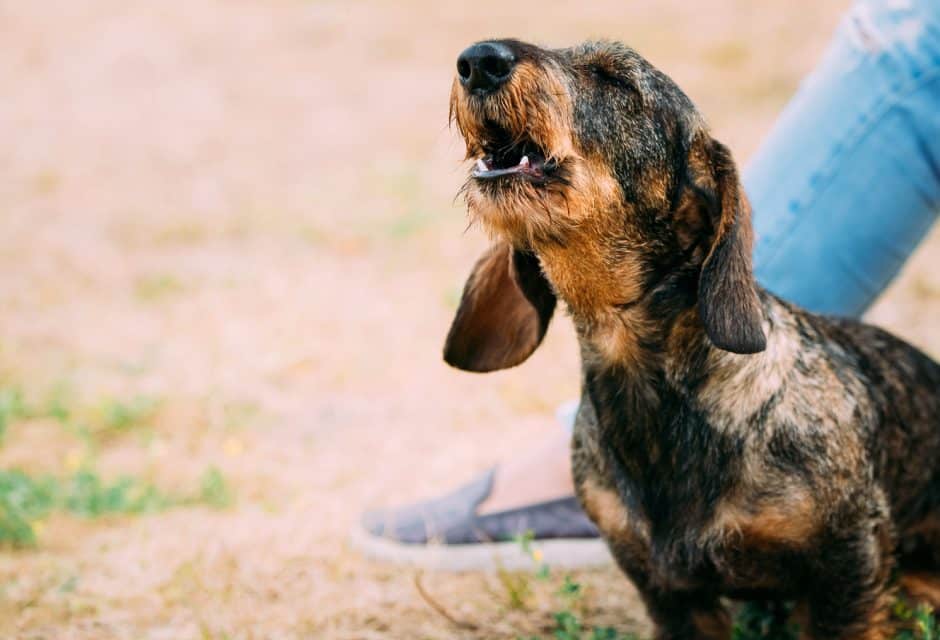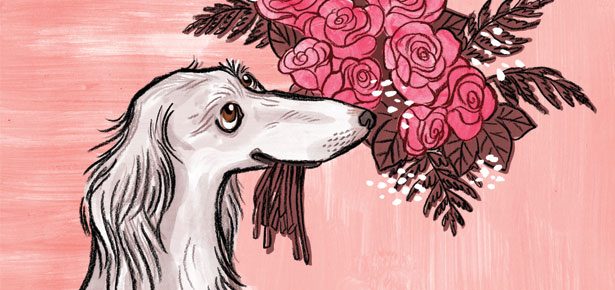
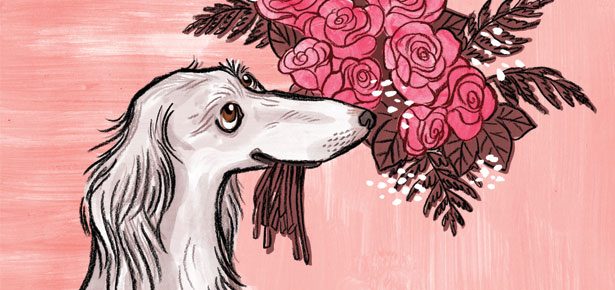
5 Signs Your Dog Loves You
Puppy love is in the air
From loving gazes to simple nearness, these five signs your dog is giving you indicate a connection that goes far past a room-and-board relationship. Look for indicators that show your dog truly loves you.
# 1 Your dog greets you at the door
This doesn’t necessarily mean an all out bonkers greeting. In fact, a super-crazy over-the-top greeting can be a sign of separation anxiety, not an indicator of affection. Your dog approaching you with a wagging tail is enough to indicate your dog is happy to see you.
#2 Your dog gazes at you with round, relaxed, “soft” eyes
No doubt about it, our dogs look to us because we make things happen—outings, dinners, play sessions. But a recent study found that our dogs make eye contact with us for more than just social cues. The new study, by Miho Nagasawa of Azabu University in Japan and colleagues, found that dogs making puppy dog eyes at their owner experienced a spike in oxytocin, the “love hormone.” Furthermore, it’s mutual; researchers found that a held gaze between dog and guardian caused an uptick in oxytocin in the person as well, creating a positive feedback loop. This same oxytocin release occurs when a mom gazes at her newborn infant, leading the researchers to conclude that their finding was “a manifestation of attachment behaviour” and that a sustained gaze between a dog and their human shares similar properties to mother-infant relationships.
(Note that in the canine world there is also such thing as a dominant stare, which is definitely not the same as a loving gaze. In fact, it’s an act of aggression, so don’t stare down an unknown dog; maintained eye contact can be perceived as a threat).
#3 Your dog comes to cuddle with you, even when he doesn’t want something
This is a pure and simple sign of affection as it’s devoid of motivation other than the pleasure of your company (as opposed to the pleasure of scarfing down a biscuit from the dog-treat cupboard, not that there’s anything wrong with that!).
#4 Your dog wants to be in your vicinity
Maybe your dog is in the same room as you, but is paying you no mind or is snoozing away. But the fact that she’s chosen the dog bed closest to you indicates she wants to be in your company.
#5 Your dog brings toys over to where you are and tries to engage you in a play session
Like people, dogs that are depressed, scared or anxious aren’t as inclined to play. Happy dogs, i.e. dogs that love their people, are more likely to race around madly squeaking their squeaky toy (oh joy).
What’s NOT a sign of affection in dogs? Separation Anxiety
Your dog freaking out when you leave. Neuroscientist Gregory Berns, author of How Dogs Love Us, spent two years teaching dogs to go in an MRI in order to decode the canine brain. He says: “Sorry to disappoint, but that is not a sign of love. Separation anxiety is very common and a leading cause of behavioural problems. And while your dog may be unconditionally bonded to you, well-adjusted dogs also know that you will return and do not display the frenetic activity of the anxious dog. Nobody really knows why some dogs develop separation anxiety. Our neuroimaging project is trying to figure out if it is the case of an overactive social-reward system—like ‘I really, really love you, master’—or whether the anxiety is driven by a hyperactive fear system.”
Join the newsletter and never miss out on dog content again!
"*" indicates required fields
By clicking the arrow, you agree to our web Terms of Use and Privacy & Cookie Policy. Easy unsubscribe links are provided in every email.
